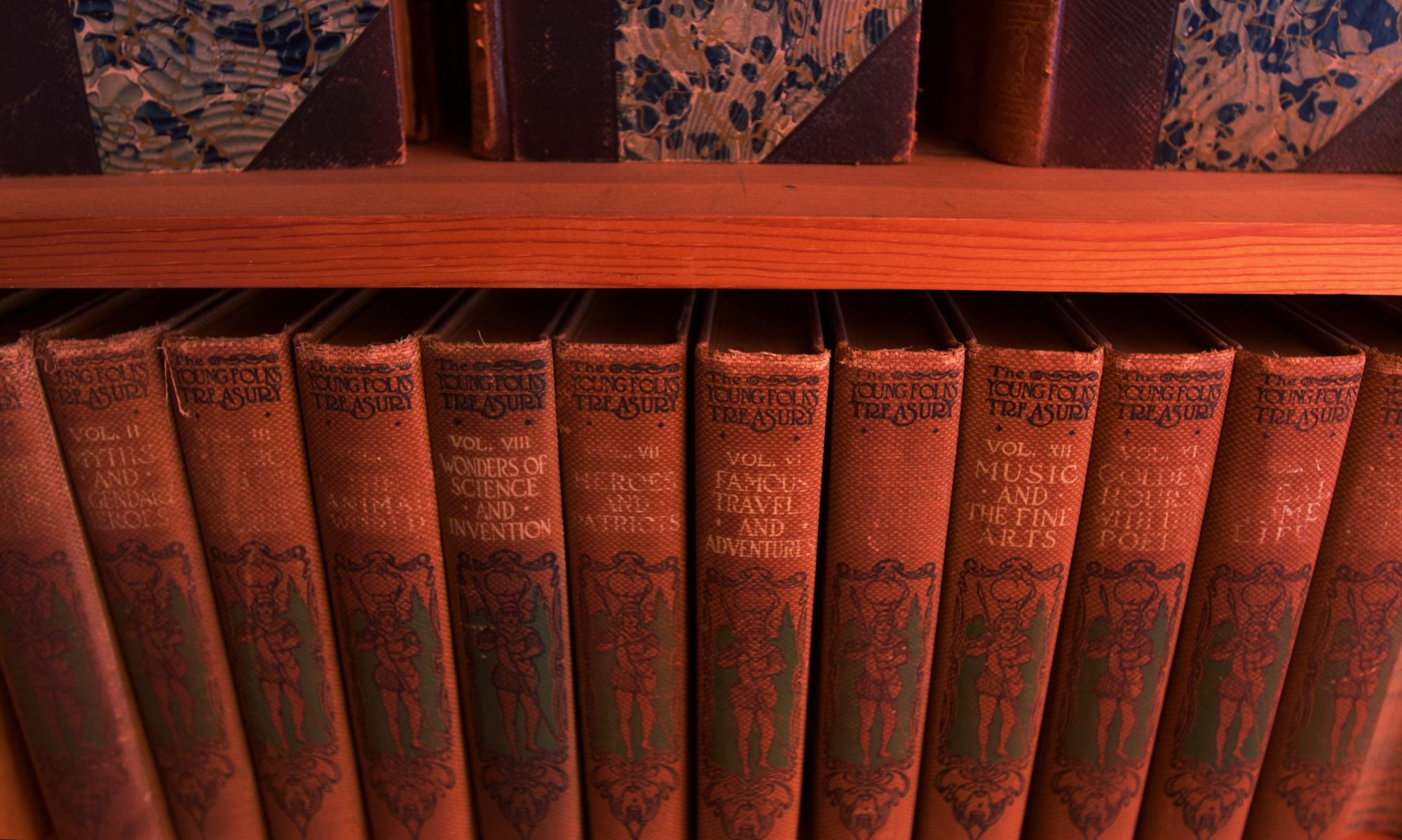
In the bordertown where I grew up, I knew a banker. One day he looked down from his office window at a gnarly-looking tree on the sidewalk below. From that angle the tree bark looked to him like the image of the Mother Mary, which he relayed to his coworker. Within hours, a shrine was erected around the tree complete with candles and flowers, and the tree had a spot on the local evening news.
It was not uncommon to find our Lord’s mother around town in the most ordinary of places. At least once she was found in a tortilla. And whenever her image appeared, it was a big deal. The spot was marked; the moment elevated to the sacred. To me, it was quirky and charming, just one more way my hometown was special. I might have even giggled about it.
What I didn’t know back then, is that I would grow up to see God in a carrot.
A few years ago while in New York, I ate at Eleven Madison Park. I didn’t know what the restaurant was at the time, or where it was headed on the world stage. I just sat down to enjoy dinner. (Sometimes the best way to experience something is with open hands and an open mind, and zero expectation.)
Plate after plate came from the kitchen with the seemingly simplest of ingredients. But whatever ordinary thing it was— be it sturgeon, or pumpkin, or quail egg, or celery— it was the best thing I had ever eaten, the purest and most perfect expression of itself that it could be. I was fully ecstatic by the time my waiter placed a carrot before me that changed my life.
Tasting that carrot, I felt as though I realized the carrot’s true destiny: a gift of love from the Creator to me. He designed it, grew it in the soil, bathed it in sunshine and dew, plucked it up at the right time, and put it in the hands of a genius chef to perfectly prepare and plate so that I could have this moment of joy and satisfaction and thanksgiving. With this carrot God told me He loved me, and with each bite, I said it back.
Enjoying that carrot was, for me, an act of worship. It was irrelevant whether the chef or the owner knew God, too, or intended such a thing, or whether any other guest had the same experience. God served me dinner that night all the same.
Of course, I can’t entirely trust my carrot experience. To begin with, memories are untrustworthy. And then there’s the fact that I always get a little euphoric about a nice meal, and with that one in particular I definitely also had wine. And the more that time goes by, the more I can convince myself that it was just food. How good can a carrot be?
But there is evidence in Romans 1:20. Paul writes, “For since the creation of the world His invisible attributes, His eternal power and divine nature, have been clearly seen, being understood through what has been made…”
In The Screwtape Letters by C. S. Lewis, a master demon corresponds with a novice demon on the tricks of winning away the soul of his assigned human. After the human is lost to God during his morning walk and evening book, the master demon writes to the newbie: “You should have allowed him to walk purely for physical exercise and read his book just so he could quote it to others. In letting him enjoy pure pleasure, you put him within the reach of God.”
When Camden was a baby, I would slide into the back row at the start of church, tired and distracted. When the music began I would close my eyes and picture my dog running toward me. The vision of her flopping ears and goofy smile helped me to tune my heart to His. To focus. For an entire season of my life, that was my fastest route to God’s presence, the way I assumed an attitude of worship. After the carrot dish, this started to make more sense.
The more I enjoy of this world, the more convinced I am that each experience is worship— an assignment of glory— and when we delight in them we choose, consciously or otherwise, where the glory goes. It can be to the thing itself, or to ourselves, or to the Creator.
In Romans chapter 1 Paul goes on to say, “For even though they knew God, they did not honor Him as God or give thanks… and their foolish heart was darkened.” What if our options are to look like fools about a carrot, or to actually become fools refusing to recognize Him where we find Him?
Elizabeth Browning wrote:
Earth’s crammed with heaven, And every common bush afire with God; But only he who sees, takes off his shoes, The rest sit round it and pluck blackberries, And daub their natural faces unaware…”
Or, as Steven Pressfield wrote in The War of Art: “…[dreams are] as common as dirt. So is the sunrise. That doesn’t make it any less of a miracle.”
Maybe I’m growing sappier with age, but I really love life: to be outside, to eat good food, to drink wine with friends, to love my dog. The sappy Mom I’ve become would LOVE to pull that giggling little girl aside from my childhood and caution her to hold her tongue. I’d warn her not to mock the stacking of stones or the giving of thanks. It was never about the tree or the tortilla, I would tell her. It was always about the tender heart who saw Him there. Better to look like a fool for love, I would say, than to become one.

So wonderful, Steph. Can’t wait for your next entry. Your collection, so far, could not be more enjoyable or inspiring to read!